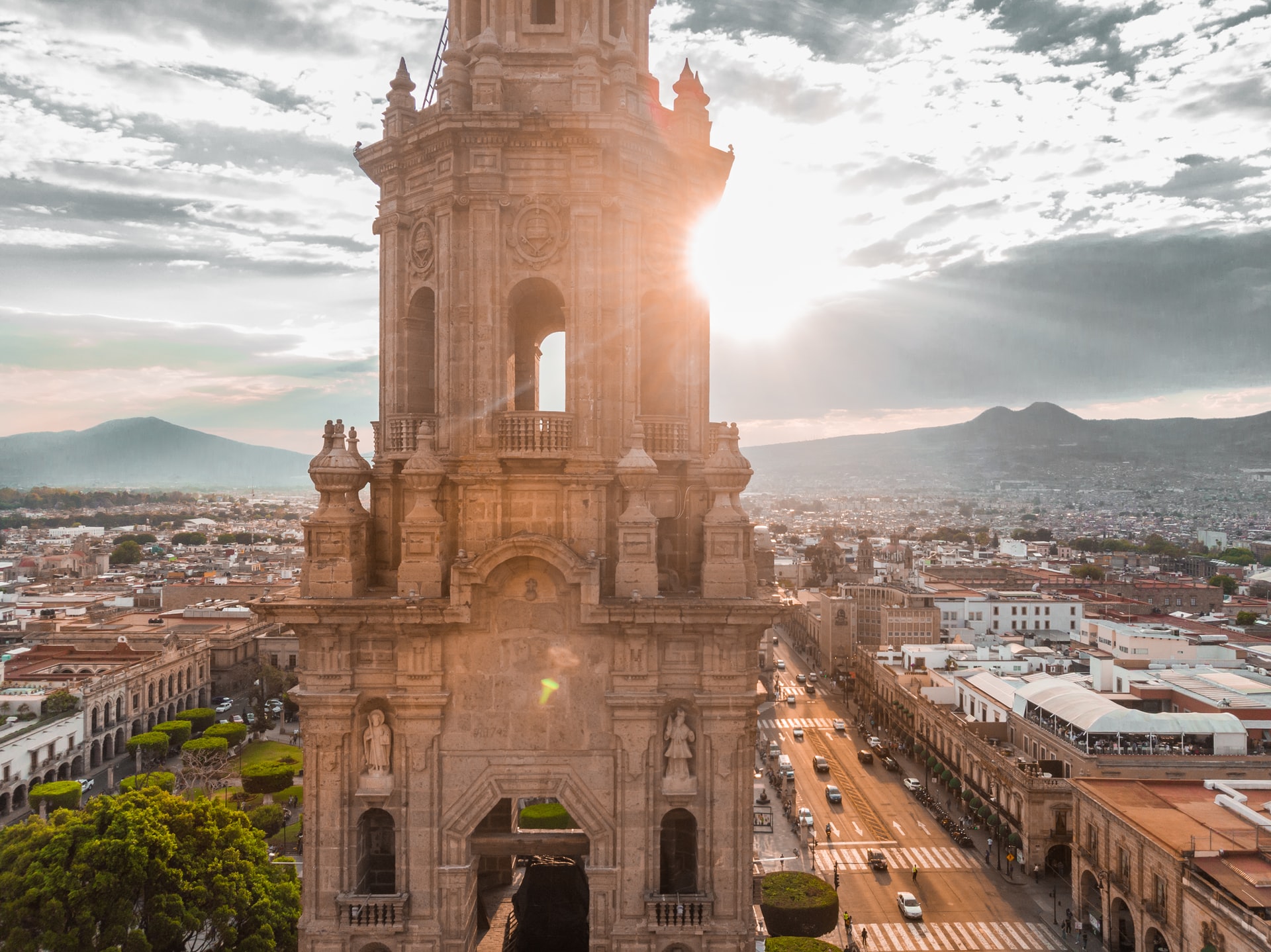Alba Rodriguez is on a mission to solve hunger and malnutrition in Mexico. Alba is the founder and CEO of Gricha, a company that sources crickets as the main ingredient in a high-quality, sustainable protein powder.
On this episode, I sat down with Alba to talk about how she came up with the idea to feed people crickets, how she got started as an entrepreneur and what it’s like building a business from the ground up. Her story will inspire you, whether you are launching your own startup or looking for a creative way to solve a problem. Thanks for listening!



